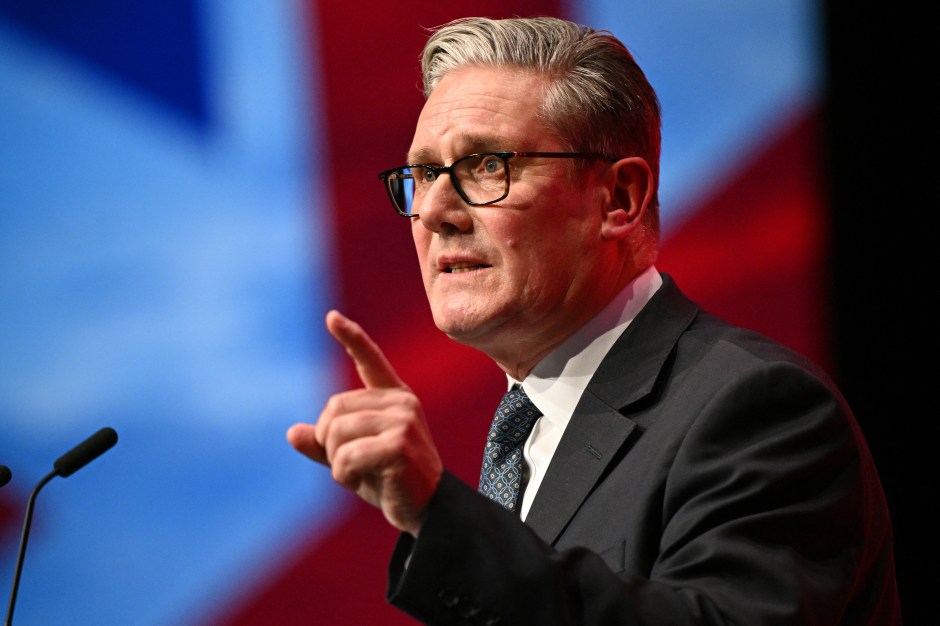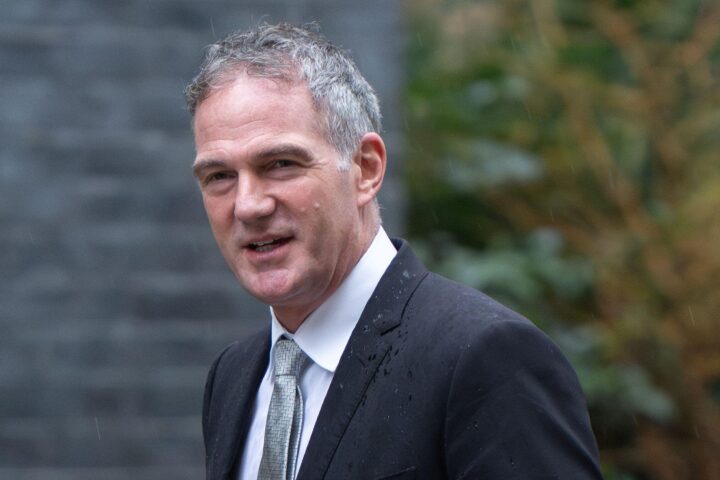Sir Keir Starmer has accused Nigel Farage of instigating the UK’s small boats crisis, amplifying tensions during a heated exchange this week. The Prime Minister asserted that Brexit contributed to the surge of what he termed “Farage boats” crossing the Channel, reports BritPanorama.
Starmer specifically blamed Farage for disrupting potential returns agreements with the European Union that could have effectively managed the influx of illegal migrants. In just a few days since the Labour conference commenced on Sunday, UK authorities recorded a staggering 1,368 illegal arrivals on its shores.
During a feature on GB News, Starmer pointed out that prior to Brexit, the UK had established agreements with each EU member nation for migrant returns. “He told the country it would make no difference if we left. He was wrong about that,” Starmer stated, underscoring the consequences of Farage’s actions on UK border security.
Starmer has also indicated he may reconsider how human rights laws apply in migrant cases, particularly concerning provisions that prevent deportations on the grounds of torture. The Prime Minister noted, “Ministers should look at issues in Article 3 of the ECHR,” which have been utilized by some migrants to argue against being returned to their home countries.
In a recent address, Starmer spoke out against Farage’s influence, labeling him an “enemy” of the state and criticized his rhetoric, suggesting it threatens national unity. He expressed a commitment to defending British values and vowed to confront Farage’s political agendas vehemently.
Farage, responding to Starmer’s remarks, warned that Labour would face significant backlash in the upcoming elections, asserting that the Prime Minister’s comments contributed to growing animosity. “They will be taught a lesson,” he declared, signifying a contentious political battle ahead.
The ongoing debate reflects deeper divisions within the UK regarding immigration policy and its implications post-Brexit. As the political landscape evolves, the implications of these exchanges could significantly shape public sentiment and policy direction in the UK’s approach to immigration.















